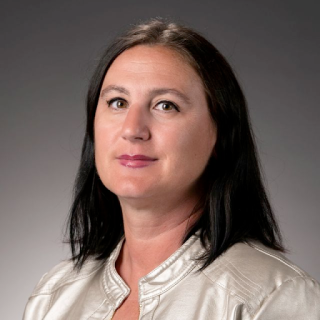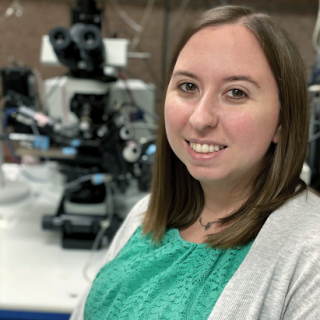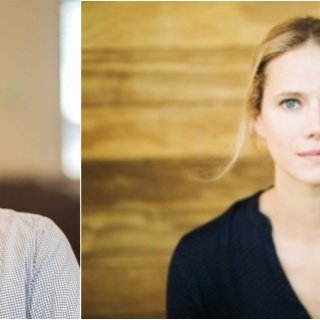Society of Experimental Psychologists Awards Professor Greg Ashby the 2017 Howard Crosby Warren Medal
In recognition of Greg Ashby's "innovative and foundational theoretical and empirical work linking mind and brain in computational and mathematical models of learning and categorization” the Society of Experimental Psychologists awards Professor Greg Ashby the 2017 Howard Crosby Warren Medal.
The Warren Medal is the oldest award in psychology. Past winners include such luminaries as Karl Lashley, B.F. Skinner, Clark Hull, James Gibson, Harry Harlow, Donald Hebb, William Estes, Roger Sperry, Roger Shepard, and Daniel Kahneman (among others).
The statement accompanying the announcement of the award reads:
"Greg Ashby has made extraordinary theoretical and empirical contributions to experimental psychology throughout his career. His early work on stochastic models of elementary psychological processes brought mathematical and cognitive psychology together, increasing the relevance of mathematical work and expanding the scope and depth of cognitive work. His work on general recognition theory in the 1980s and 1990s extended the basic concepts of signal detection theory to multidimensional spaces and tasks like identification and categorization, and introduced rigorous definitions and methods for assessing perceptual and decisional independence and separability. This body of work has been tremendously influential.
Around the turn of the century, Ashby embraced neuroscience, becoming one of the first computational cognitive neuroscientists. He proposed and tested a multiple memory system model of categorization and automatization, grounding it in neuroscience as much as cognitive science. The model identifies distinct brain systems underlying “rule based” and “information integration” categorization and predicts activity in cortical and subcortical structures as well as response probabilities and latencies. The theory has been exceptionally influential, both in research on categorization and automatization and in broader research on computational cognitive neuroscience. Most recently, Ashby has initiated a new research program, called dynamical neuroscience, which includes molecular and cellular biology, genetics, computer science, artificial intelligence, nonlinear systems, statistical processes, physics and psychology. Ashby is showing the field how to integrate computational cognitive science and neuroscience."


